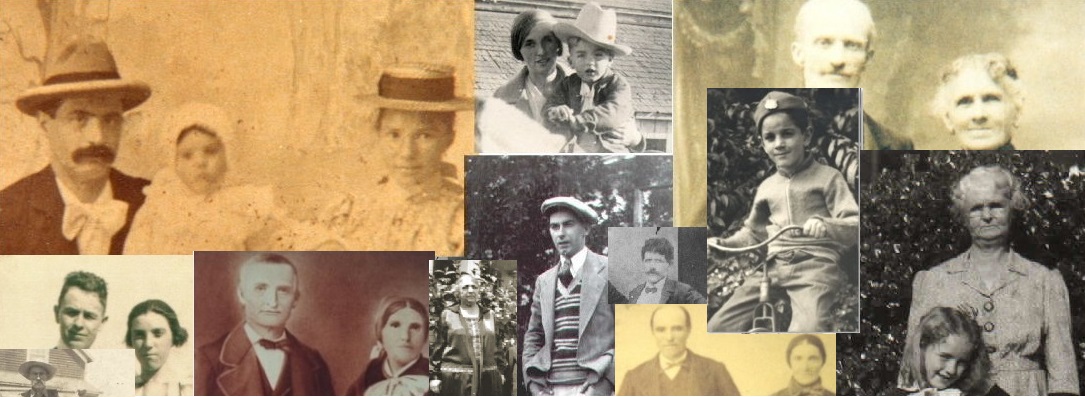I used to take copious notes while sitting at a microfilm reader doing research. The main reason was that in most cases I couldn’t make copies of the documents I was viewing. My notes were my source to work from when I got home. Even when I made copies of documents, I’d bring them back home and take notes from them so I could analyze what I found.
Somewhere along the line I lost that. As more an more records became available online, I became a data collector and not so much a data analyzer. Why take notes when you’ve got the document right there on your computer to refer to later?
Here’s what I found out. I don’t go back to the document later. I keep finding more documents. That’s why I had 150 folders at the beginning of this year to sort through. Since I started my data input project, I’ve emptied 50 of them. But, I’ve still got 100 to go. The amount of duplication was embarrassing. How much time did I waste looking for documents I knew I already had or redoing research that I did not realize I’d already done?
As I work through all those old documents, I’m learning something about my own research methods and what works best for me. For instance, I’ve learned that I cannot input from my computer screen. It’s too difficult for me to switch back and forth and not continually lose my place. It’s also more difficult for me to process what I am seeing.
In the last year, I’ve worked with French vital records, the 1940 US Census, and Azorean church records. What I’ve found is my old method works best–only I’ve modernized it a bit. I do my research online and collect data into a file or I download the documents (sometimes using screen capture to save what I’ve found). Then, I transfer those documents to my Nook Color Tablet. Later, I get out my note paper, transcription sheets, etc., and I take notes. Yes, notes…by hand. In this way, I’ve gone back to analyzing the data I’ve found. This is especially important with the foreign language documents since I do not know these languages beyond the basics I’ve taught myself for reading documents. I need to concentrate and translate. I can’t do that reading a screen and typing at the same time.
I think initially I thought that leaving out the note taking would be easier on my hands. I have severe arthritis and writing is difficult. Then, for a five year span several time, energy, and emotionally draining incidences happened in my family. Five years later, I’ve got 150 folders of documents that I know I found but the data isn’t in my database.
Others may be able to read and type from their computer screen perfectly fine. We’re all different though. What point is there to research if I never go back over my work and actually get it into my database? Not much, from where I sit.
After all these years, I’m assessing how I do things and I’m having to relearn what works best for me. I guess it’s good to review how we do things every now and then, especially when things aren’t working.







Melody, I can’t tell you how much I enjoy reading your blog. This one about research/data analysis struck a familiar chord with me as I also have a ton of folders and also hard copies in a file cabinet to synthesis. I looked at all my old family group sheets and marvel at how I figured problems better when working by paper.
Magda, Thanks so much your comments and the compliment on my blog! I’ve come to believe there is a process going on when we take pen or pencil to paper. I know that I analyze my research more thoroughly and see things better than I do when I’m on the computer. It helps to write it out.